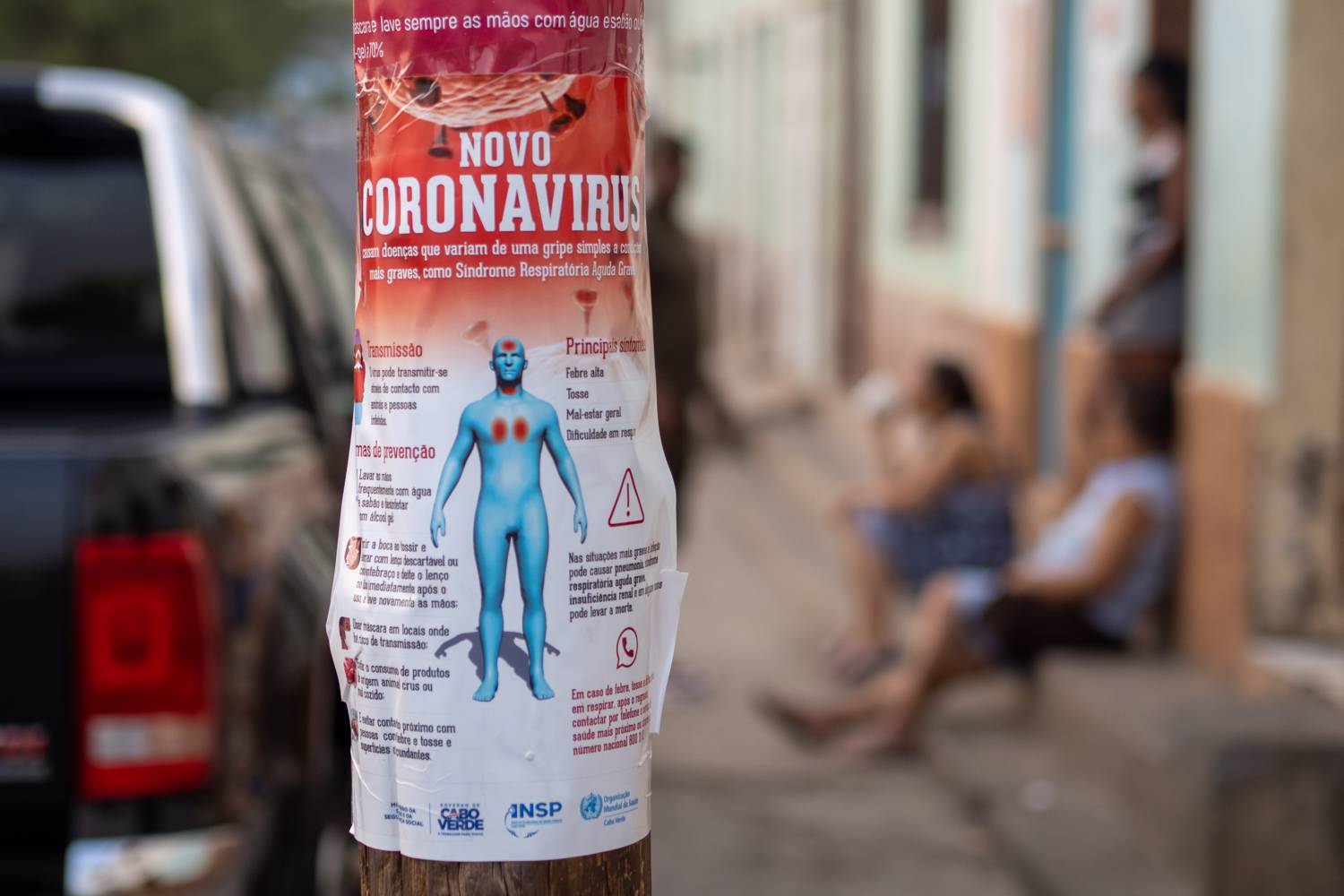
The initial fieldwork for MIGNEX was being completed when the worldwide coronavirus (COVID-19) crisis erupted. The pandemic not only thwarts travel in the short term but has longer-term implications that are still unknown.
Data collection in MIGNEX began in February and March, with the survey pilot, qualitative data collection and policy reviews each taking place in three countries. Several team members struggled to return home as the coronavirus response disrupted flights, but all the work was completed.
According to our original schedule, the main data collection would have begun in June after a thorough review of initial experiences and adjustments to the data collection procedures. However, the coronavirus pandemic presents a number of obstacles. Even if travel bans are lifted in the near future, the coronavirus will keep affecting societies where we plan to do fieldwork. We just don’t know how, or for how long.
On 26 March the MIGNEX Steering Committee decided to postpone the start of fieldwork for at least three months until 1 September. The situation will be re-assessed in mid-May, with the intention of creating a revised data collection schedule. By then it may be easier to gauge the extent of delays that are necessary.
In Cape Verde, the first cases of COVID-19 infection were confirmed soon after fieldwork ended on the island of Boa Vista. A couple of weeks earlier, the local NGO SOS Bubista, organised a protest over insufficient preparedness. The lack of a hospital on the island has long been a concern, since evacuation to other islands are needed even for minor procedures.
Residents of Boa Vista protest against insufficient coronavirus preparednes

Photo:
Jørgen Carling
Boa Vista is now fully quarantined, and police patrol the streets and detain people who violate the regulations. While the number of COVID-19 cases remains low, the economic impact will soon be severe. The 20,000 residents receive about 200,000 international tourists every year, and the economy — which relies heavily on these tourists — will come to a halt as arrivals stop.
Field research and data collection are not the only things being affected by COVID-19. The coronavirus crisis will disrupt the lives and economies of people everywhere, particularly in places like Cape Verde.





